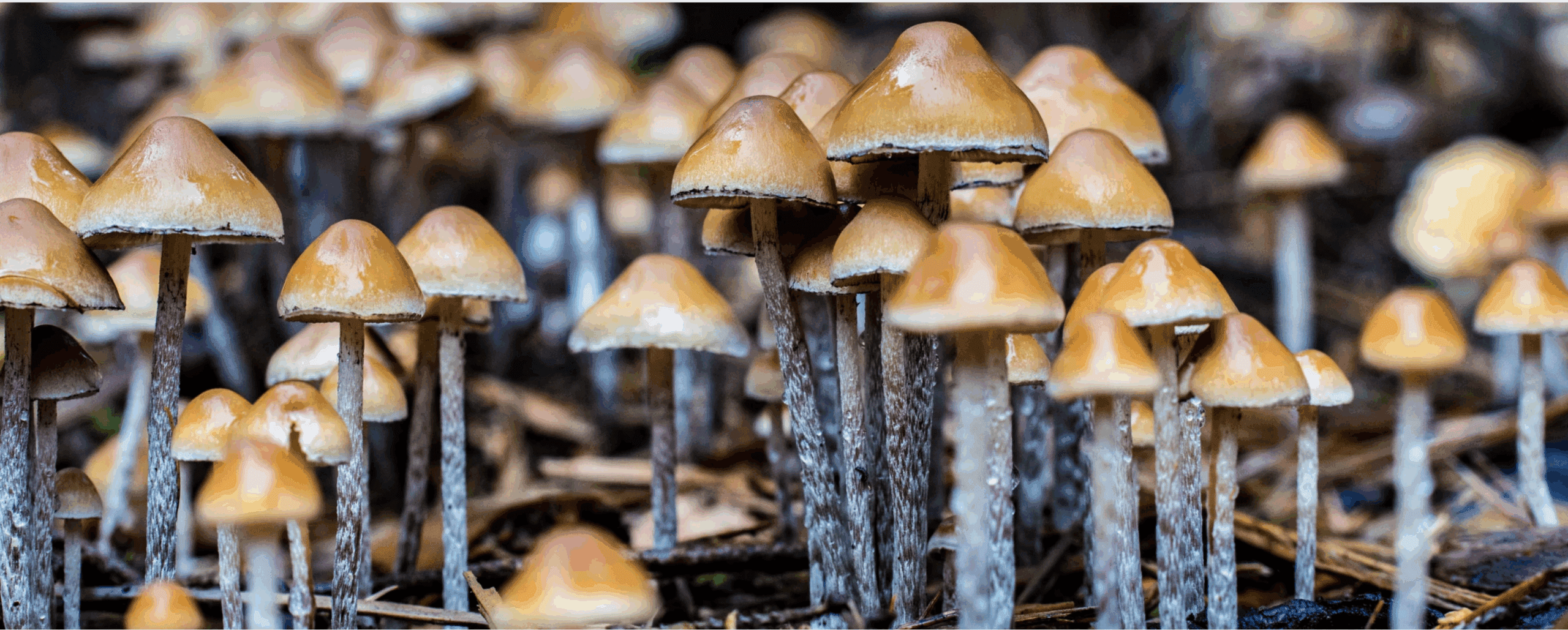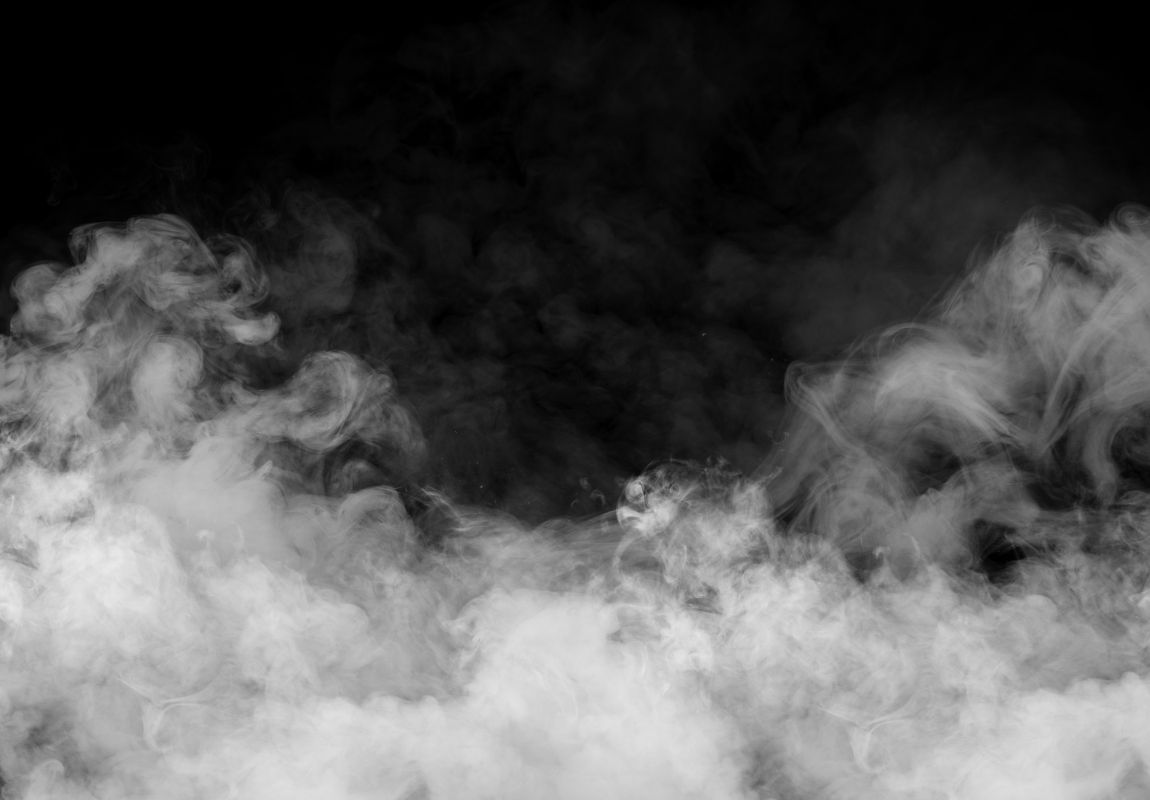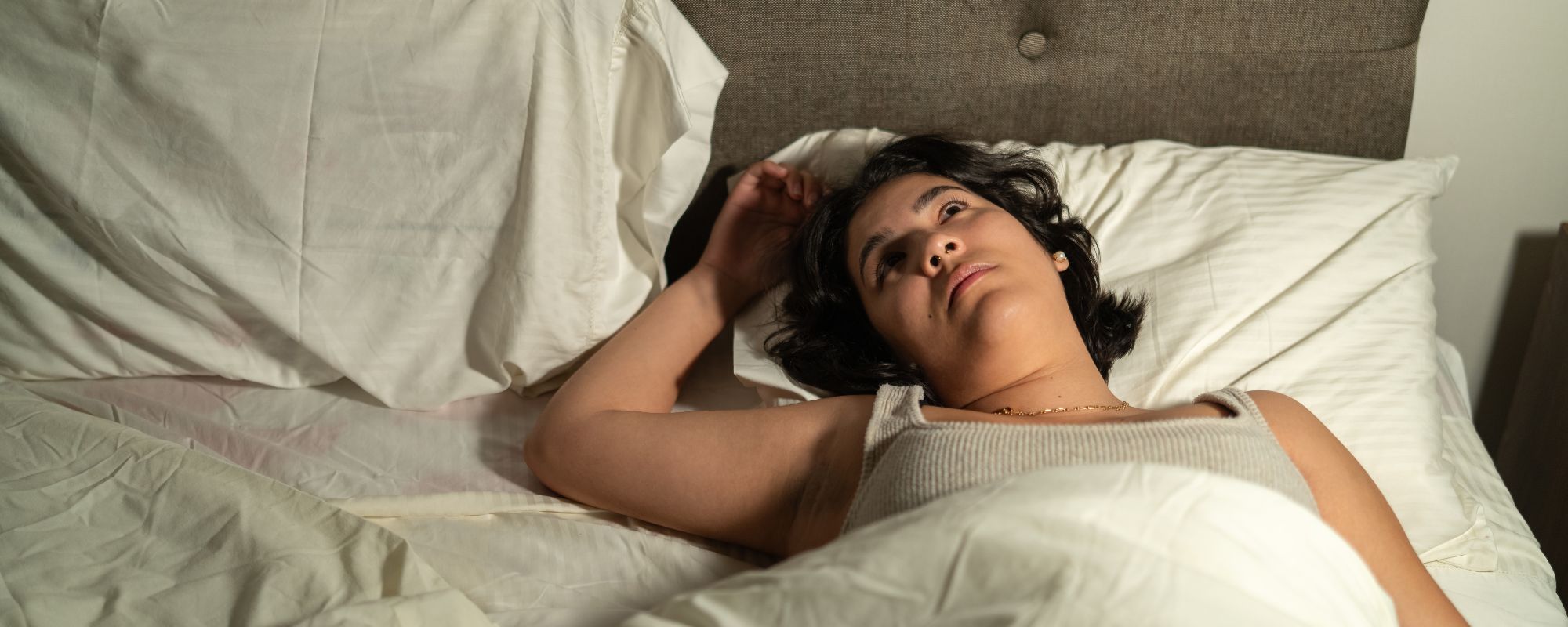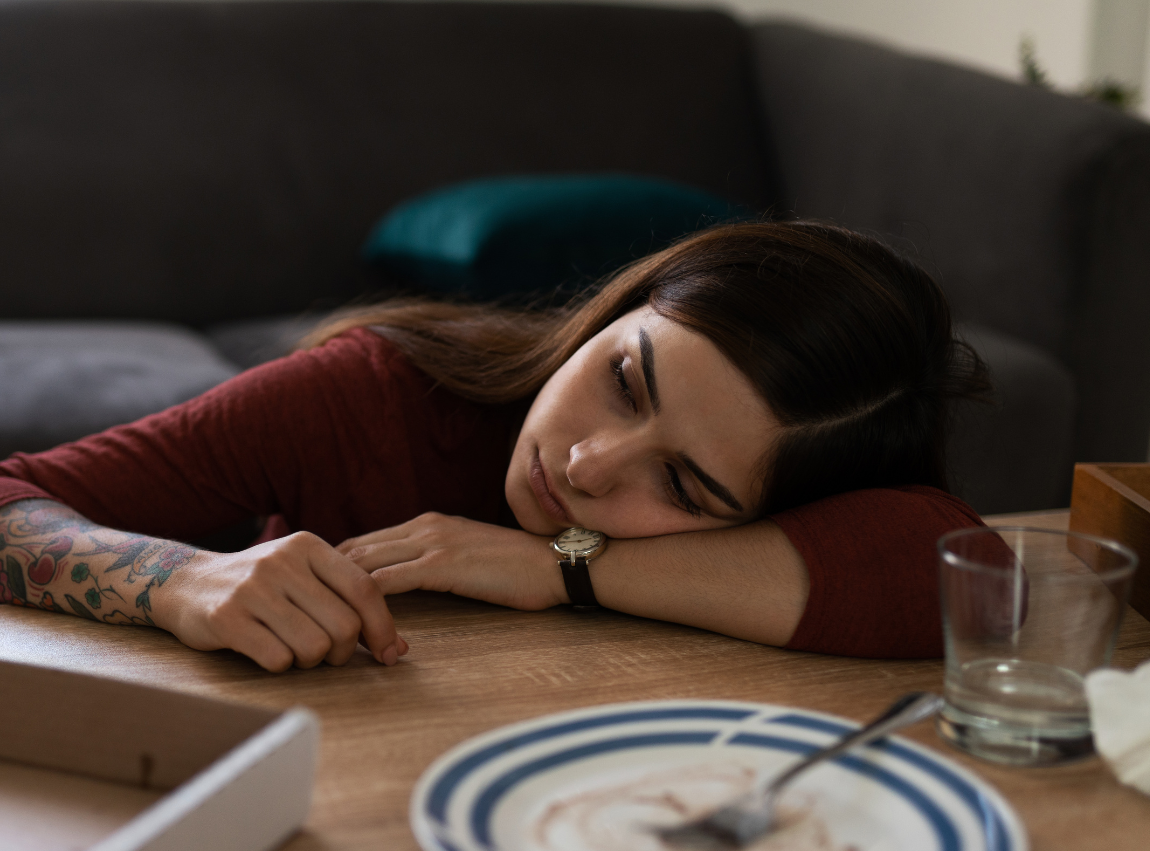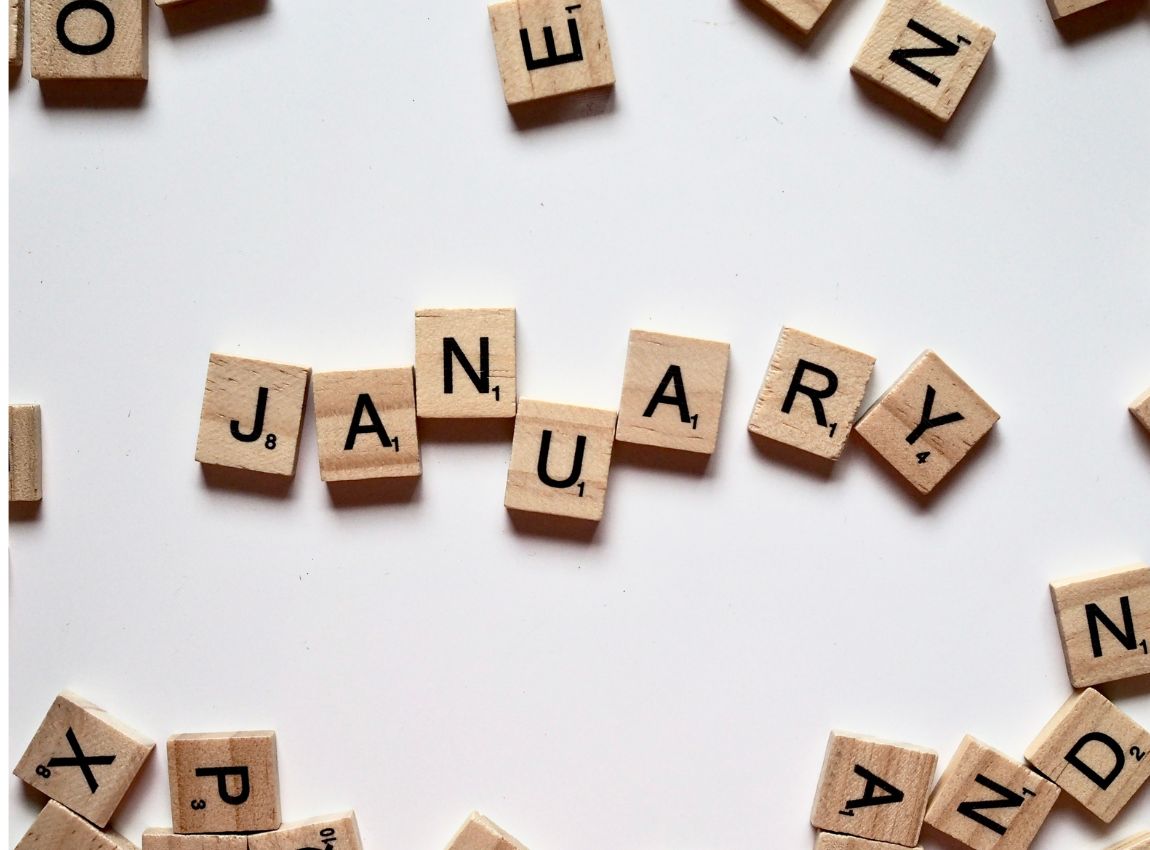Hallucinogenic mushrooms—commonly known as magic mushrooms, shrooms, or simply mushrooms—are a popular recreational drug. Their mind-altering effects stem from naturally occurring psychoactive compounds, known as psilocybin. While these mushrooms are often portrayed as harmless or even therapeutic, they carry real risks. As accessibility and legality vary by state, many people self-dose without understanding the potential dangers. So, can you overdose on mushrooms? And what happens if you take too much?
Can You Overdose on Magic Mushrooms?
Yes, it is possible to overdose on psilocybin mushrooms. These fungi grow on nearly every continent, making them relatively easy to find or cultivate. Psilocybin affects the brain by disrupting normal communication between brain regions, leading to hallucinations, distorted perceptions, and altered thinking.
When someone ingests more psilocybin than their body can safely handle, it can result in toxic effects. Symptoms of a mushroom overdose may include:
Extreme mental confusion or paranoia
Elevated blood pressure and heart rate
Difficulty breathing
Nausea or vomiting
Panic attacks or severe anxiety
Seizures, coma, or even cardiac arrest (in rare, severe cases)
Poisoning, especially if misidentified mushrooms are consumed
In some cases, mushroom overdoses are not just a reaction to psilocybin, but also to toxic compounds in look-alike mushrooms that are poisonous to humans.
Looking for quality treatment for substance abuse and mental health that’s also affordable? Aliya Health Group's treatment facilities accept most major insurance providers. Get a free insurance benefits check now!
Check Your CoverageIs a Bad Trip the Same as an Overdose?
Not necessarily. A bad trip refers to a terrifying or distressing psychedelic experience. It may involve intense fear, hallucinations, panic, or emotional distress. While a bad trip can be triggered by a high dose of psilocybin, even a small dose can cause overwhelming experiences, especially for individuals who are anxious, unprepared, or in unsafe environments.
An overdose, on the other hand, goes beyond psychological discomfort and includes physical symptoms that may require medical intervention. Still, a bad trip can be dangerous if it leads to self-harm, risky behavior, or lasting psychological trauma.
How to Help Someone Having a Bad Trip
If someone is having a bad trip, your goal is to keep them safe, calm, and grounded. Here’s how:
Create a safe environment: Move them away from crowded or overstimulating settings. Find a quiet, comfortable space.
Offer reassurance: Speak calmly and gently. Remind them who you are, that they are safe, and that the experience will pass.
Avoid confrontation: Don’t argue with their hallucinations. Instead, offer support and help guide them back to reality.
Monitor their condition: If they seem physically unwell, violent, or unresponsive, seek medical attention immediately.
Get confidential help from our addiction and mental health treatment facilities located across the United States. Call to join one of our quality programs today!
Speak With Our Admissions TeamMagic Mushroom Myths and Misconceptions
There’s no shortage of misinformation about magic mushrooms. Let’s clear up a few common myths:
Myth: Mushrooms aren’t addictive.
While psilocybin doesn’t create physical dependence like some other drugs, psychological addiction is possible, especially in people who use mushrooms as a way to escape reality. Tolerance can build quickly, which may push users to increase their dose dangerously.Myth: All shrooms are the same.
In truth, there are nearly 100 species of psychedelic mushrooms. Each type varies in potency and effects, and misidentification can result in accidental poisoning from toxic varieties.Myth: Mushrooms are a safe medical treatment.
Though there’s growing research into therapeutic uses of psilocybin, it’s not approved for general use. Taking mushrooms without medical supervision comes with serious risks, including mental health crises and accidental overdose.
When Does Mushroom Use Become a Problem?
Mushroom use crosses into dangerous territory when it begins to interfere with your life or health. Warning signs include:
Using mushrooms to avoid emotions or problems
Neglecting work, school, or relationships
Increasing dosage to chase the same effects
Experiencing distress, panic, or paranoia regularly
If you feel like your use is no longer in your control, it’s time to seek help.
Finding Help for Psilocybin or Mushroom Abuse
If you or someone you love is struggling with magic mushroom use, you’re not alone, and support is available. Our comprehensive drug treatment programs include specialized care for hallucinogen abuse. From detox to therapy to long-term recovery planning, we’ll help you regain control and rebuild your life.
Call our admissions team today. We’re here 24/7 to answer your questions and help you take the first step toward healing.


